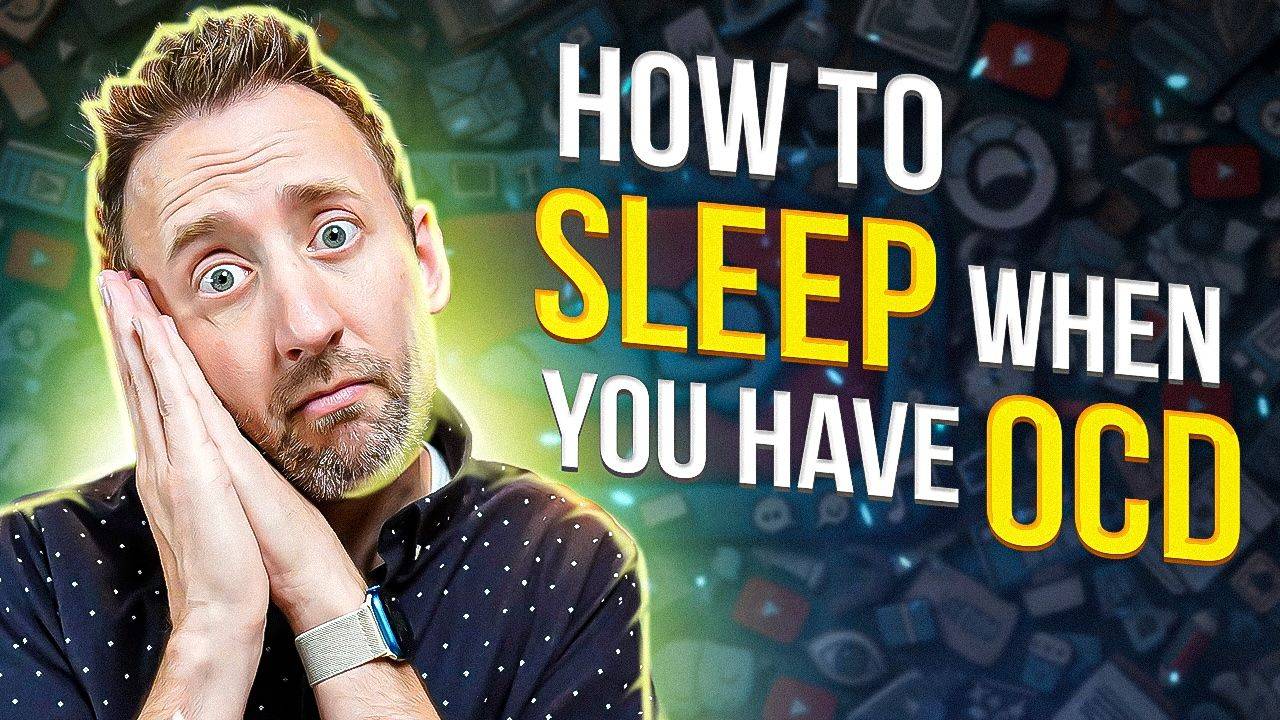How to sleep when you have OCD
Jan 08, 2025
How to Break the Cycle of OCD and Sleep Problems
How to Break the Cycle of OCD and Sleep Problems
Do you ever feel like your brain just won't shut off at night? If so, you're not alone. Many people with OCD struggle with sleep issues. It’s like OCD and sleep problems are best friends—though not the kind you'd want hanging around.
Why OCD and Sleep Issues Go Hand in Hand
For those with OCD, sleep struggles are often tied to intrusive thoughts and hyperarousal. These thoughts might feel like an uninvited party in your brain at 2 a.m., keeping you awake. The problem? When your mind is on high alert, it’s incredibly hard to relax and drift off.
Obsessive thoughts and compulsions throughout the day can spill over into bedtime, leaving your brain thinking, “Now’s the perfect time to solve this problem!” Unfortunately, there’s rarely a great answer, which leads to more tension and less sleep.
It’s a vicious cycle: lack of sleep worsens OCD symptoms, and worsening OCD symptoms lead to more sleep issues.
Understanding the Cycle: The First Step to Change
While this might sound bleak, understanding the cycle is the first step to breaking it. When it comes to OCD and sleep, it’s all about “mind over mind.” Let’s dive into practical strategies that can make a real difference.
Cognitive Behavioral Therapy (CBT) and ERP
Cognitive Behavioral Therapy (CBT) is like a personal trainer for your brain. It helps you reshape those pesky thoughts keeping you awake at night. Combine this with Exposure and Response Prevention (ERP), which involves facing fears without resorting to compulsions, and you’ve got a powerful approach to managing OCD and improving sleep.
Quick Tips for Better Sleep Tonight
If you’re thinking, “That’s great, but I need sleep now,” here are some practical tips to try tonight:
- Practice good sleep hygiene: Stick to a consistent sleep schedule. Your body loves routine, even if your OCD brain doesn’t.
- Create a sleep-friendly environment: Keep your bedroom dark, quiet, and cool. Make it a place that’s only for sleep.
- Limit screen time: Ditch the screens before bed. The blue light is like caffeine for your brain, making it harder to relax.
A Word of Caution
For some, trying too hard to control sleep can backfire. Obsessing over the perfect sleep environment or routine might make things worse. Instead, focus on what works for you. Find a balance between routine and flexibility.
Conclusion
Breaking the cycle of OCD and sleep problems takes time and effort, but it’s possible. Start by understanding the connection between your thoughts and sleep, and take small, actionable steps to regain control. With CBT, ERP, and some simple lifestyle adjustments, you can improve both your sleep and your OCD symptoms.
















